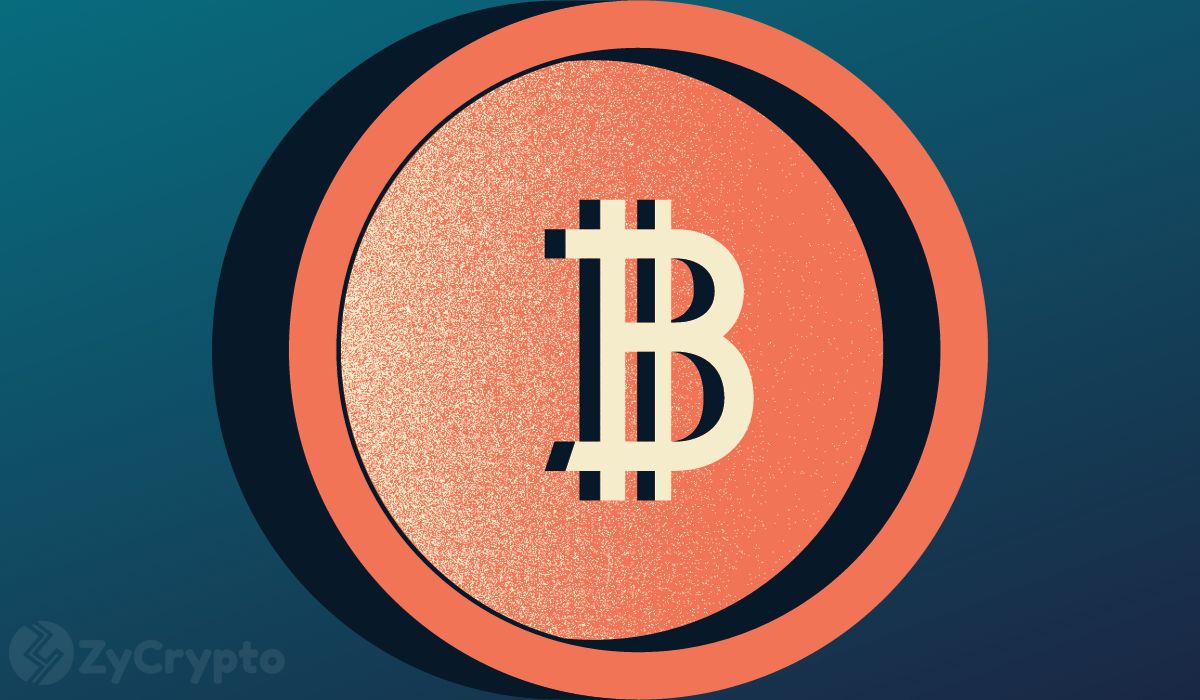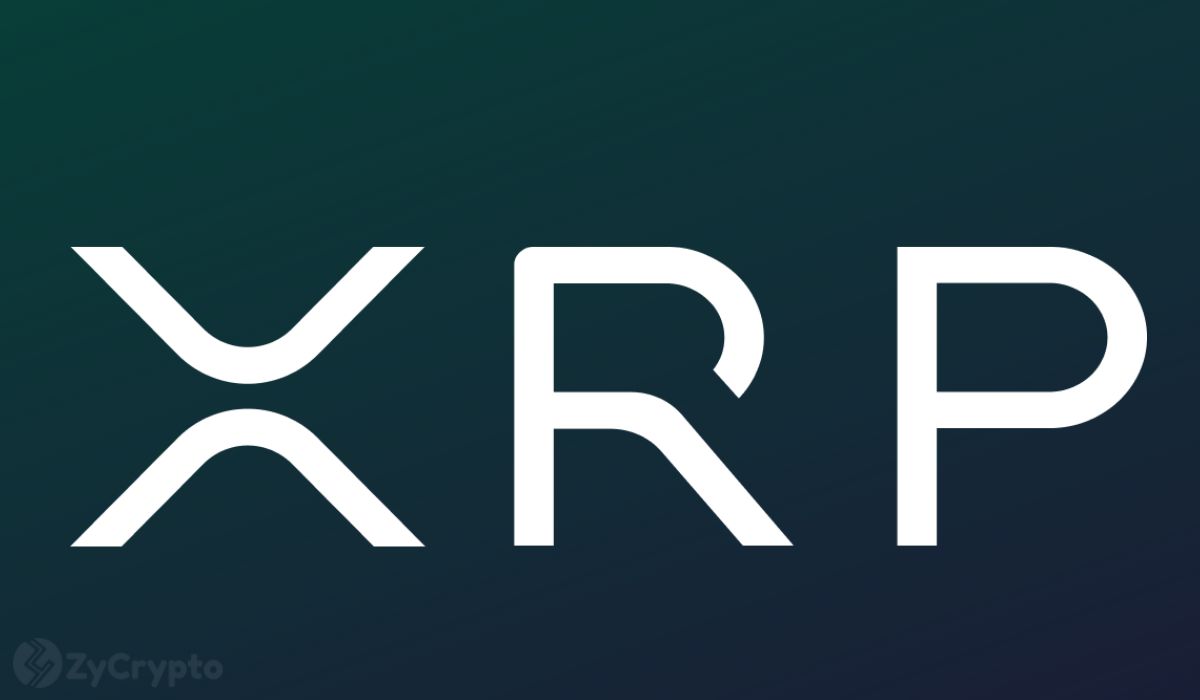In a watershed moment for the global digital asset landscape, India’s Madras High Court has delivered a landmark ruling, unequivocally declaring cryptocurrency as “property” under Indian law. This pivotal decision, handed down on November 7, 2025, marks a significant step towards regulatory clarity in one of the world’s most populous nations, potentially reshaping the legal and financial frameworks surrounding digital assets not just in India, but offering a potent precedent for jurisdictions grappling with similar questions worldwide.
A Landmark Decision for Digital Assets
The Madras High Court’s ruling stems from a case involving the inheritance and legal recognition of digital assets. In its judgment, the court meticulously analyzed the characteristics of cryptocurrencies, concluding that despite their intangible nature and decentralized operation, they possess inherent value, are transferable, and can be owned, thus fulfilling the essential criteria to be categorized as ‘property’. This classification is crucial, as it brings cryptocurrencies within the purview of existing legal statutes that govern property rights, ownership, and transfer.
- Legal Recognition: Provides a concrete legal basis for ownership and enforceability of rights concerning digital assets.
- Clarified Status: Removes ambiguity that previously left cryptocurrencies in a legal gray area, often viewed with skepticism by traditional legal frameworks.
- Precedent Setting: While specific to India, this sophisticated legal reasoning could serve as a valuable reference for other nations developing their own crypto legal frameworks.
Impact on the Indian Crypto Ecosystem
The immediate ramifications of this ruling for India’s burgeoning crypto market are profound. Investors and businesses operating within the country can now enjoy a significantly enhanced degree of legal certainty. This recognition as ‘property’ opens doors for various legal applications, from succession planning and asset division to collateralization and enforcement of contracts involving digital assets. It legitimizes the holding and trading of cryptocurrencies, potentially encouraging greater institutional participation and retail adoption.
- Enhanced Investor Confidence: Reduces perceived risks for individuals and entities holding crypto assets.
- Taxation Framework: While not directly defining tax policy, classifying crypto as property creates a clearer foundation for tax authorities to apply existing capital gains or wealth tax laws.
- Asset Protection: Provides legal avenues for recovering stolen or disputed crypto assets, aligning them with traditional property protections.
- Innovation Boost: Could spur further development within India’s Web3 and blockchain sectors, attracting both domestic and international investment.
Global Ripple Effects and Precedents
The legal landscape for cryptocurrencies is a patchwork quilt globally, with countries adopting diverse approaches. India’s decision, given its substantial economic influence and tech-savvy population, is unlikely to go unnoticed. Jurisdictions from the European Union to the United States and other Asian nations are actively working to establish clearer legal definitions for digital assets. The Madras High Court’s detailed reasoning for categorizing crypto as property could provide a compelling blueprint or at least a valuable point of discussion for these ongoing international dialogues, potentially accelerating the global trend towards greater regulatory acceptance.
Challenges and Future Outlook
While undoubtedly a positive step, the High Court’s ruling is a judicial interpretation, not a comprehensive legislative framework. The Indian government and regulatory bodies like the Reserve Bank of India (RBI) will still need to enact detailed laws and regulations to fully integrate cryptocurrencies into the national financial system. Issues such as consumer protection, anti-money laundering (AML) compliance, and a dedicated tax regime for digital assets remain paramount. However, this ruling lays a robust legal foundation upon which future legislative efforts can confidently build, offering a clear direction for policymakers to follow.
Conclusion
The Madras High Court’s declaration that cryptocurrency is “property” under Indian law marks a pivotal moment in the evolution of digital asset regulation. It provides much-needed legal clarity and legitimacy, boosting confidence for investors and fostering innovation within India’s crypto space. As the world moves towards a more digitally integrated economy, such landmark judicial pronouncements are essential in bridging the gap between nascent technologies and established legal systems, paving the way for wider acceptance and responsible growth of the crypto industry globally.
The post India’s Madras High Court Declares Cryptocurrency as ‘Property’: A Landmark Legal Precedent appeared first on FXcrypto News.



















 24h Most Popular
24h Most Popular


 Utilities
Utilities